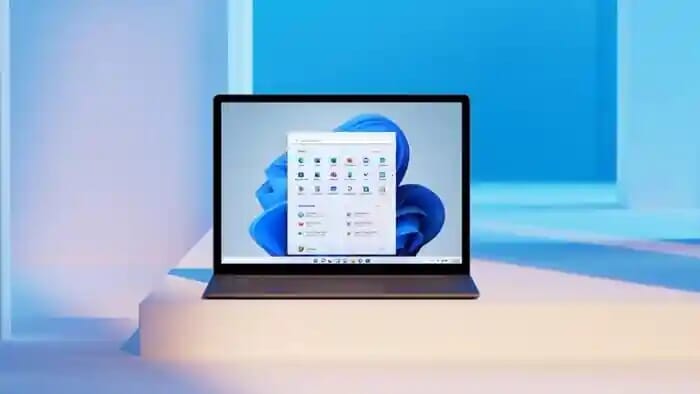In the realm of digital security, Microsoft BitLocker has long been heralded as a safeguard for Windows users, offering encryption to protect against data theft in the event of device loss or theft. However, recent revelations have brought to light a concerning vulnerability: BitLocker encryption can be compromised using a Raspberry Pi, taking a mere 43 seconds to breach.

Understanding BitLocker Encryption:
BitLocker encryption stands as a cornerstone of Windows security, designed to shield user data through encryption mechanisms. The primary objective is to thwart potential threats such as data breaches or unauthorized access in scenarios where a PC device falls into the wrong hands.
The Exploit:
A startling video posted by Stacksmashing on YouTube demonstrates how encryption keys for BitLocker can be extracted in a mere 43 seconds using a Raspberry Pi Pico. This exploit revolves around accessing hardware directly and extracting the encryption keys stored within the Trusted Platform Module (TPM) integrated into the device's motherboard.
The Vulnerability:
The exploit hinges on a vulnerability found within devices featuring TPM, such as modern laptops or desktops. According to Stacksmashing, BitLocker sometimes stores encryption key information within the TPM, including Platform Configuration Registers and Volume Master Keys. However, during the boot process, the communication channel (LPC bus) between the CPU and external TPM remains unencrypted. This vulnerability is exploited to extract the encryption keys effectively.
The Demonstration:
To substantiate the exploit, Stacksmashing utilized a decade-old laptop equipped with BitLocker encryption. Programming a Raspberry Pi Pico to read raw binary code from the TPM, the aim was to gain access to the Volume Master Key. Subsequently, using Dislocker with the obtained Volume Master Key, the system's data storage in Windows was decrypted.
Historical Precedents:
This isn't the first instance of BitLocker encryption being compromised. In 2023, cybersecurity researcher Guillaume Quere demonstrated breaching full-volume BitLocker encryption by intercepting communication between the CPU and TPM chip via the SPI bus. Microsoft, however, contended that defeating BitLocker encryption was a time-consuming and complex process, requiring intricate hardware access.
The ease and swiftness with which Stacksmashing breached BitLocker encryption highlight critical vulnerabilities in Microsoft's security framework. This revelation poses significant concerns for users relying on BitLocker for data protection. Microsoft is now faced with the imperative task of addressing these vulnerabilities promptly to restore trust in its encryption protocols and safeguard user data effectively.



